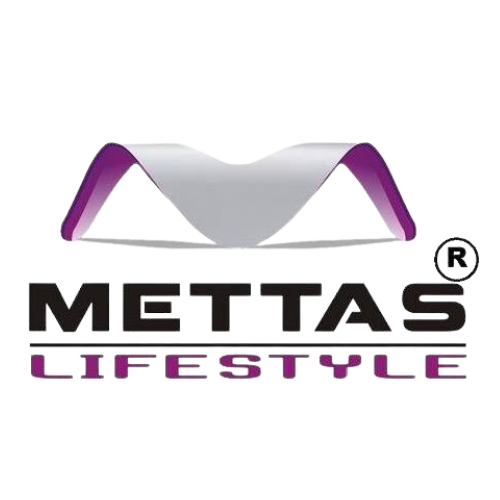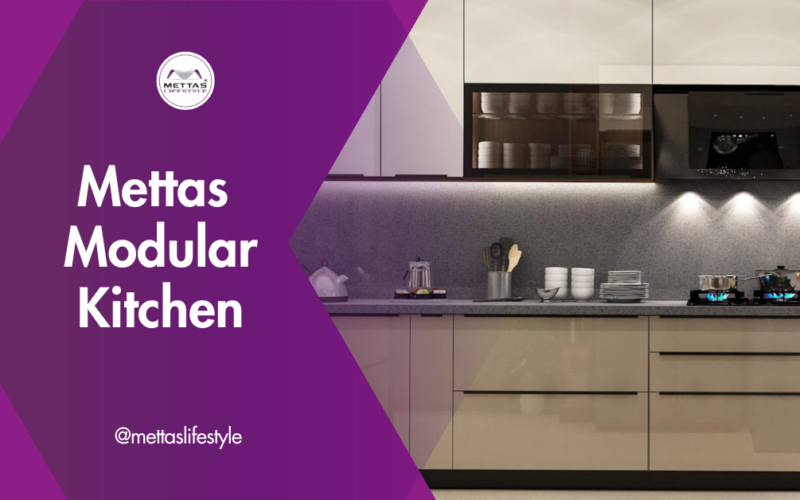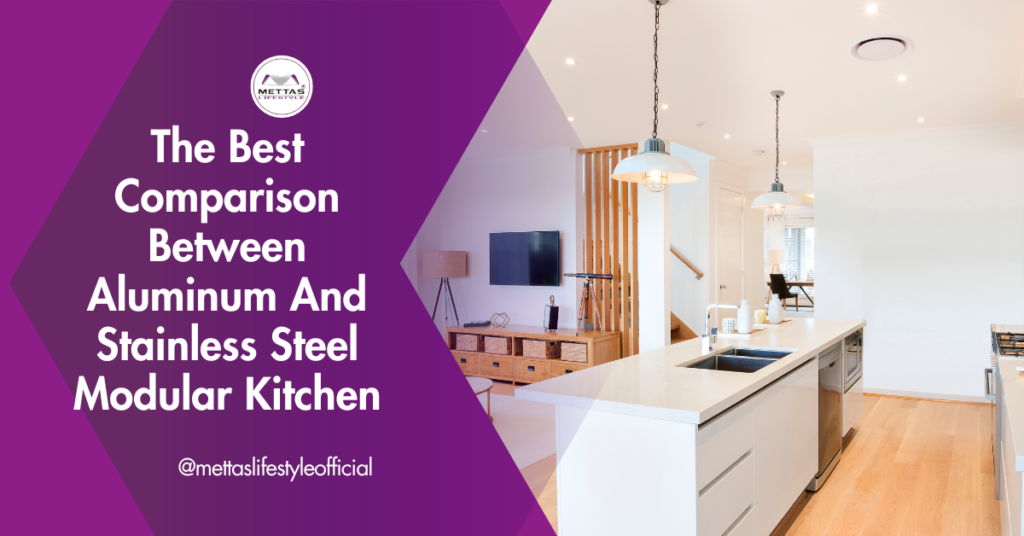

Table of Contents
ToggleIntroduction: Comparison Between Aluminum and Stainless Steel Modular Kitchen
In the world of modern kitchen design, modular kitchens have taken the spotlight for their functionality, aesthetics, and efficiency. When it comes to materials, aluminum and stainless steel stand out as top contenders for creating a stylish and durable kitchen. But which one is the better choice for your home? In this detailed comparison, we’ll explore the key differences, advantages, and potential drawbacks of aluminum and stainless steel modular kitchens, helping you make an informed decision.
Understanding Aluminum Modular Kitchen
Aluminum is a lightweight yet strong material that has gained popularity in the construction and design industries. When used in modular kitchens, aluminum offers a sleek, modern look that appeals to homeowners who prefer minimalist designs.
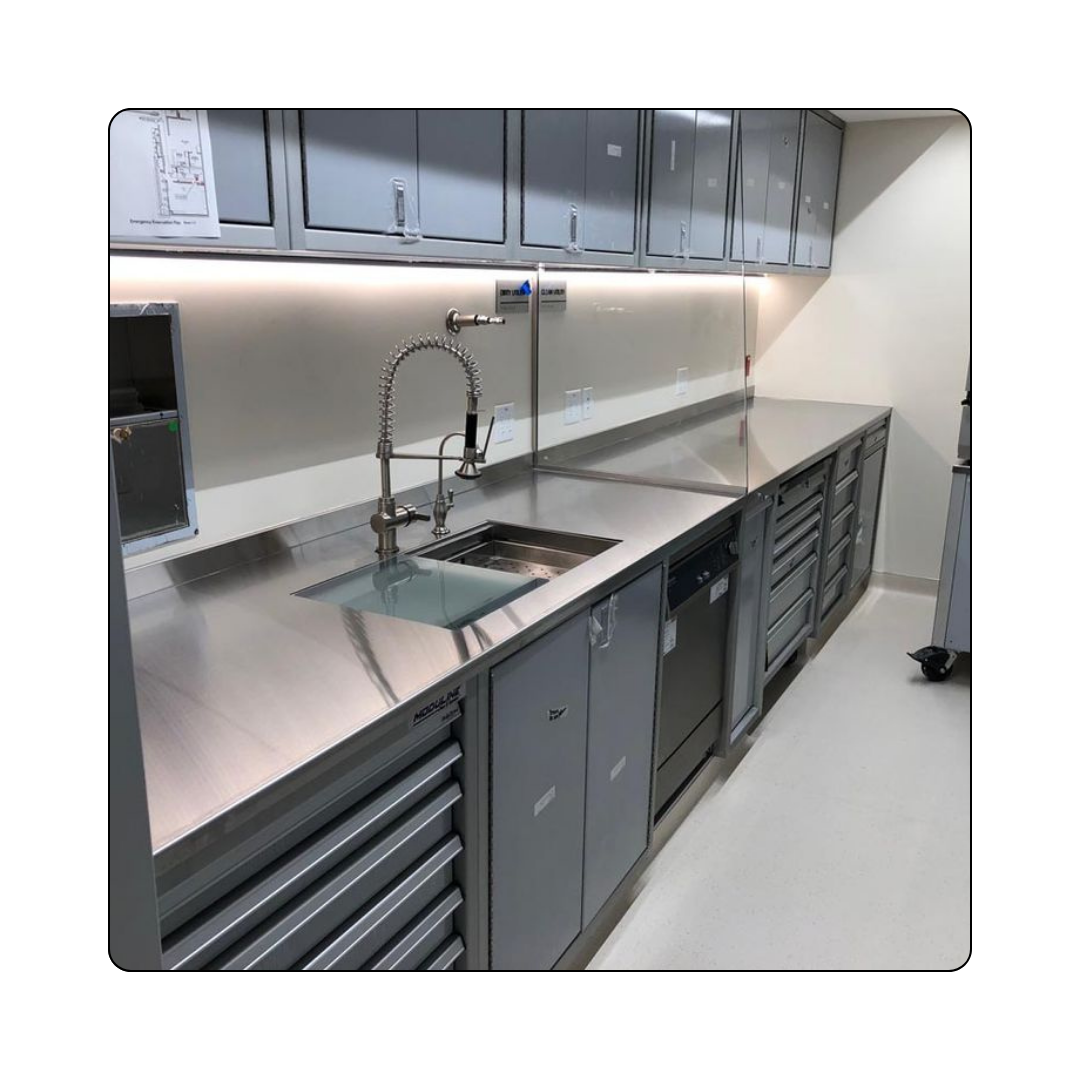
Advantages of Aluminum Modular Kitchens:
- Lightweight: Aluminum is significantly lighter than other metals, making it easier to handle and install in modular kitchen designs.
- Corrosion-Resistant: Aluminum naturally forms a protective oxide layer that prevents corrosion, ensuring longevity and durability.
- Low Maintenance: The material requires minimal upkeep, as it doesn’t rust or corrode easily.
- Recyclable: Aluminum is 100% recyclable, making it an eco-friendly option for environmentally-conscious homeowners.
Disadvantages of Aluminum Modular Kitchens:
- Denting: Due to its softness, aluminum can dent more easily compared to stainless steel.
- Limited Color Options: Aluminum usually comes in limited finishes, which may restrict your design choices.
- Higher Cost: Although not as expensive as stainless steel, aluminum is still costlier than many other materials.
Understanding Stainless Steel Modular Kitchens
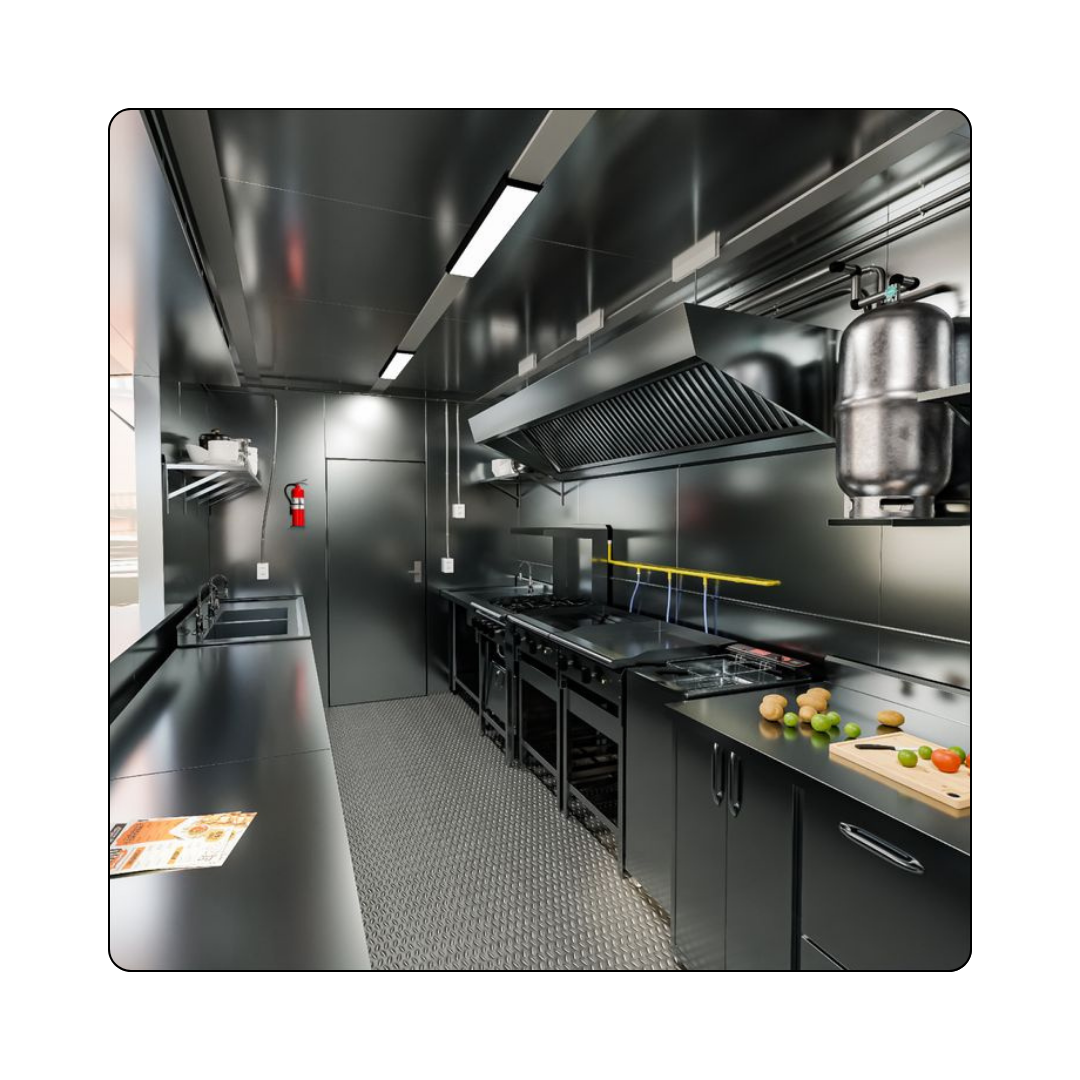
Stainless steel has long been a preferred choice for professional kitchens due to its strength, durability, and timeless appeal. It’s an excellent material for modular kitchens, offering a blend of aesthetics and functionality.
Advantages of Stainless Steel Modular Kitchens:
- Durability: Stainless steel is incredibly strong and can withstand heavy use without denting or warping.
- Corrosion-Resistant: Like aluminum, stainless steel is resistant to corrosion, thanks to its chromium content, which forms a protective layer.
- Aesthetic Appeal: Stainless steel provides a sleek, modern look that complements various kitchen designs, from industrial to contemporary.
- Easy to Clean: The smooth surface of stainless steel is easy to clean, making it ideal for busy kitchens.
Disadvantages of Stainless Steel Modular Kitchens:
- Heavier Weight: Stainless steel is heavier than aluminum, which can make installation more challenging.
- Prone to Scratches: While durable, stainless steel is more prone to visible scratches, which can affect its appearance over time.
- Higher Cost: Stainless steel is generally more expensive than aluminum, especially when opting for high-grade steel.
Aluminum vs. Stainless Steel: Which One to Choose?
When deciding between aluminum and stainless steel for your modular kitchen, consider the following factors:
- Budget: Stainless steel tends to be more expensive than aluminum, so your budget may influence your decision.
- Design Preference: If you prefer a lightweight and modern design, aluminum may be the better choice. For a more industrial and durable look, stainless steel is ideal.
- Maintenance: Both materials are low-maintenance, but aluminum may require less attention in terms of cleaning and upkeep.
- Durability: Stainless steel is the winner in terms of durability, especially in high-traffic kitchens.
Conclusion
Both aluminum and stainless steel offer unique benefits for modular kitchens. Aluminum is lightweight, eco-friendly, and easy to maintain, while stainless steel is durable, strong, and aesthetically versatile. Your decision should be based on your budget, design preferences, and the specific needs of your kitchen. Whichever material you choose, both aluminum and stainless steel will ensure a functional and stylish modular kitchen that stands the test of time.
Have questions about your next renovation project? We’ve got answers. Let’s do this together.
Follow House Beautiful on Instagram.
FAQs
Both have their advantages. Aluminum is lightweight and corrosion-resistant, while stainless steel is durable and aesthetically appealing. Your choice depends on your specific needs.
Aluminum is generally more affordable than stainless steel, but prices can vary based on quality and finish.
Yes, aluminum modular kitchens can be customized, but the options may be more limited compared to stainless steel.
Stainless steel is easy to maintain. Regular cleaning with mild soap and water, followed by drying with a soft cloth, will keep it looking new.

